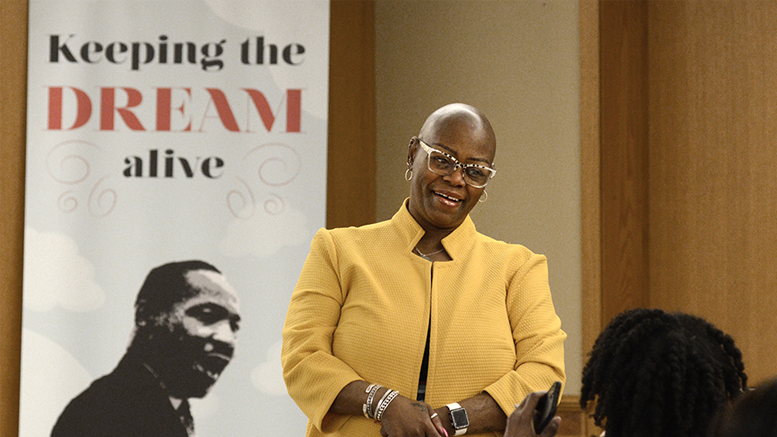By Juli Metzger—
MUNCIE, IN—International Women’s Day is a global day celebrating the social, economic, cultural, and political achievements of women. The day also marks a call to action for accelerating gender parity.
The day has occurred for well over a century, with the first IWD gathering in 1911 supported by over a million people in Austria, Denmark, Germany and Switzerland. Prior to this the Socialist Party of America, United Kingdom’s Suffragists and Suffragettes, and further groups campaigned for women’s equality. Today, IWD belongs to all groups collectively everywhere.
Gender-related conversations and activity are certainly on the rise. Over the years, the term “International Women’s Day” was the most discussed topic on Facebook by millions (even more than the Super Bowl). And back in 2018, Pantone’s ‘Color of the Year’ was purple (i.e. women’s color). Everywhere, gender is on the mainstream radar and impacting the narrative. Stereotypes, discrimination and bias are more likely to be called out. Men’s role in society is more varied and gender roles are more fluid.
We are moving to a very exciting time in history where the world now “expects” diversity, equity and inclusion. The world notices its absence and celebrates its presence. But even with these changes, the harsh reality is that far too many women experience discrimination, harassment, abuse, and exclusion on a regular basis.
This is why the work of the YWCA remains critical. It is our responsibility to press for progress and gender equity by undoing all forms of systemic oppression. Locally, we have worked toward this for almost 113 years, and we can’t rest now.
We must motivate and unite our friends, colleagues, and communities to think, act, and create a world that is inclusive and welcoming for all women. Let’s work together to forge positive change and #EmbraceEquity.
Some ways we believe this can happen include:
- Sharing the passion and excitement that comes from valuing and supporting differences.
- Reflecting on how we can all be part of the solution, not the problem.
- Challenging damaging stereotypes, especially against our most vulnerable populations.
- Influencing positive policy change towards gender equity.
- Celebrating women’s achievements today and all days.
Learn more about International Women’s Day here.



